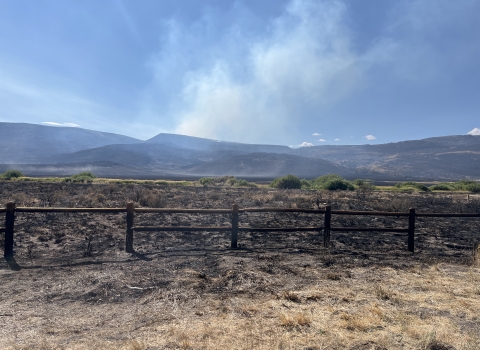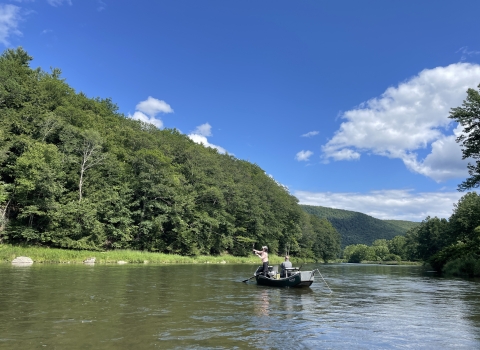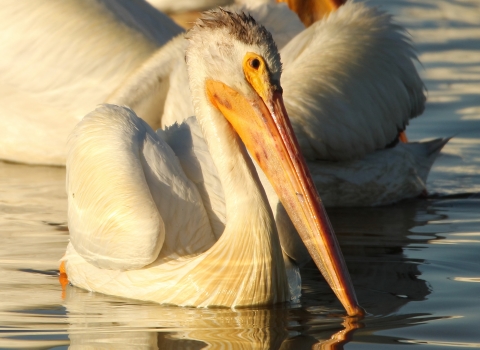The U.S. Fish and Wildlife Service is offering a reward of up to $5,000 for information leading to the conviction of the person(s) responsible for the vandalism of two piping plover nests in Far Rockaway, New York.
The piping plover is protected as a threatened species under the federal Endangered Species Act (ESA). Maximum penalties under the ESA are a fine of $25,000 and/or imprisonment of up to six months for the take of each egg or individual bird.
Between 10:30 a.m. on Friday June 9, and 9:30 a.m. on Saturday, June 10, two nest exclosures — structures that are placed around individual shorebird nests to keep predators out — were intentionally damaged and two eggs were taken from each of the nests within.
Something temporarily or permanently constructed, built, or placed; and constructed of natural or manufactured parts including, but not limited to, a building, shed, cabin, porch, bridge, walkway, stair steps, sign, landing, platform, dock, rack, fence, telecommunication device, antennae, fish cleaning table, satellite dish/mount, or well head.
Learn more about structure was pushed down into the ground.
Earlier this year, New York City Parks Department installed game cameras on the beach to monitor activity around nesting areas and officials are reviewing the footage for information.
Anyone with information about these incidents is asked to contact Service Special Agent Kathryn McCabe at 516-825-3950, or 1-844-FWS-TIPS (397-8477).
How you can help shorebirds
With ever-growing demands on our beaches, there are fewer places for shorebirds like the piping plover to raise families, feed and rest. The Service works closely with partners like the New York City Department of Parks & Recreation to protect and recover these species on public and private lands, but the public can help too by keeping the needs of shorebirds in mind when visiting the shore.
Here are five ways to make the beach more welcoming for birds:
1. Follow posted rules. You can help keep birds safe by respecting posted areas, knowing what you can and cannot do at the specific beach you are visiting, and understanding that beaches are birds’ homes.
2. Give birds space. Getting too close to birds when they are trying to eat or rest stresses them out and prevents them from caring for their chicks or refueling for their long flights.
3. Keep dogs on leash. Even good dogs frighten beach birds. A curious canine might accidentally hurt a bird.
4. Don’t leave trash on the beach, including food waste. It attracts predators, like raccoons, that prey on chicks and eggs.
5. Don’t feed birds. Gulls in particular are drawn to your lunch. Our food is not part of their natural diet, and more gulls can increase disturbance to some of the imperiled species we are trying to protect.






